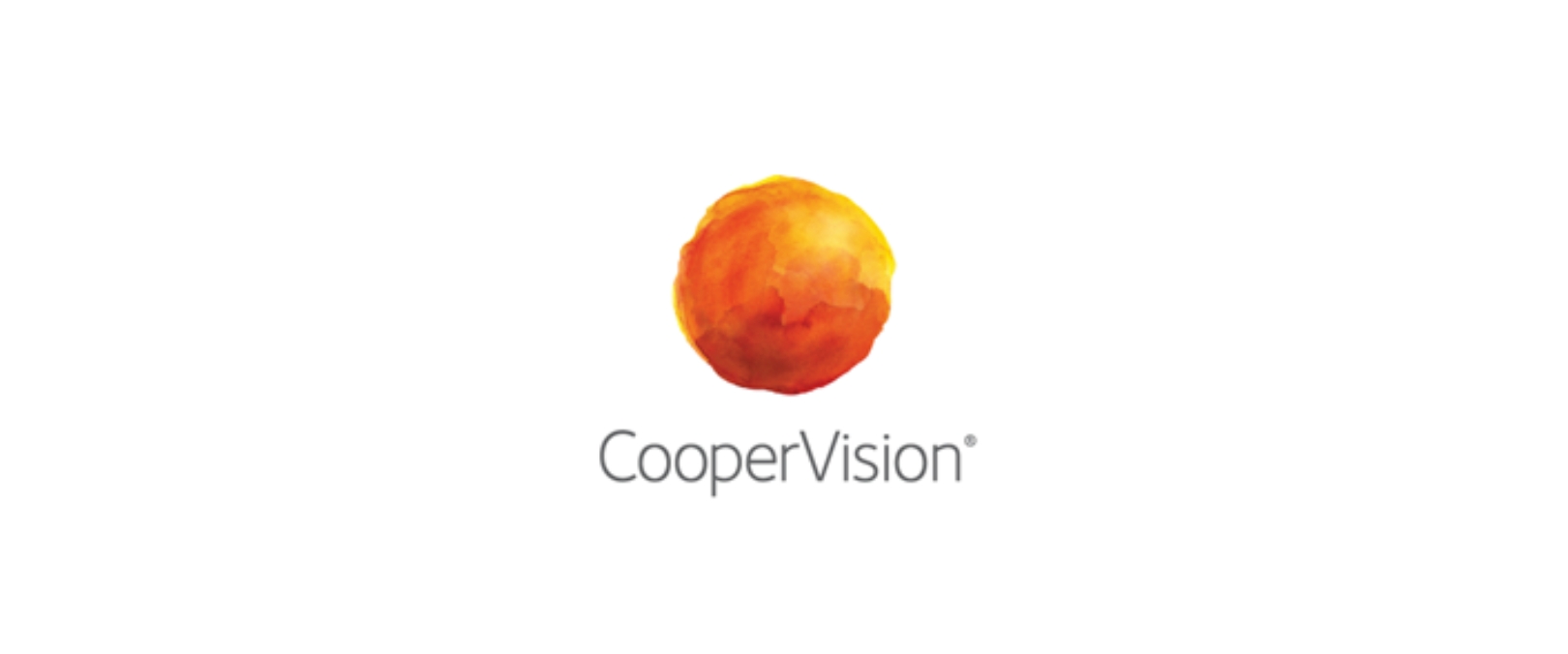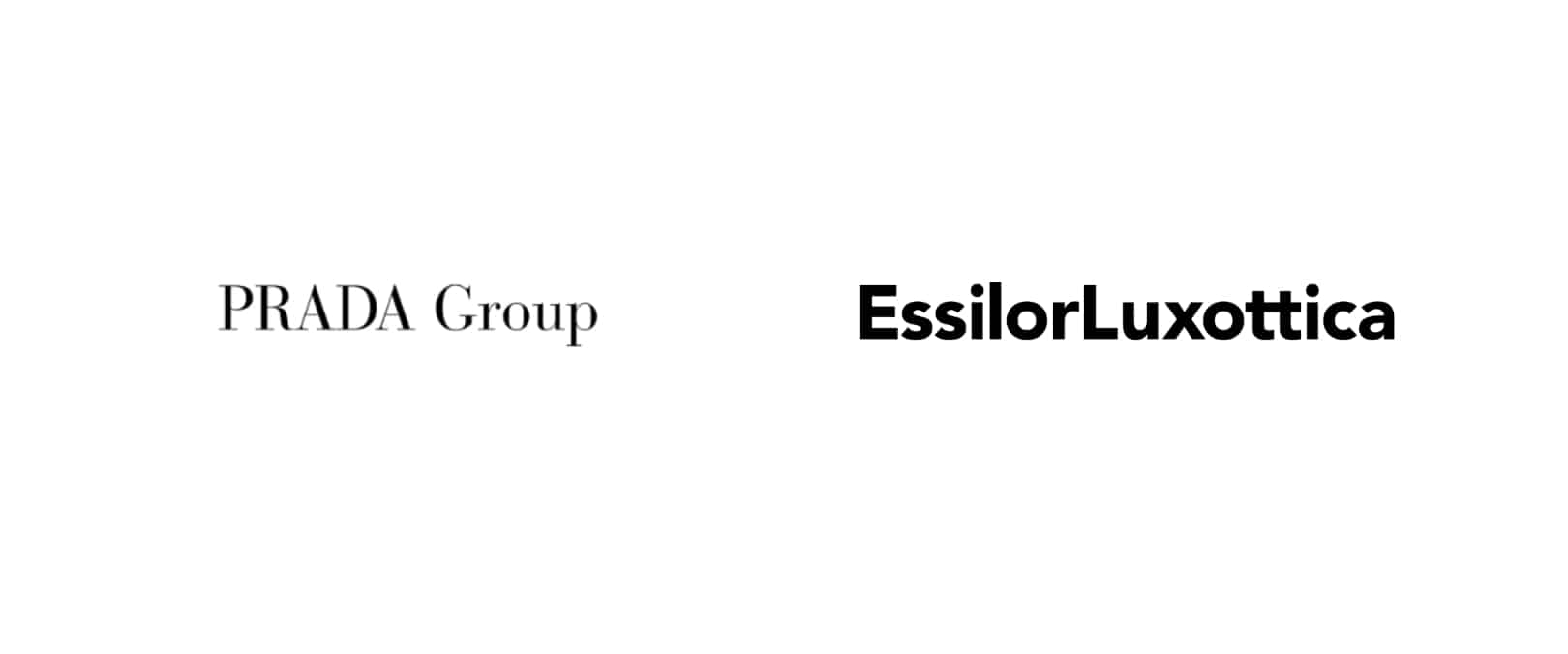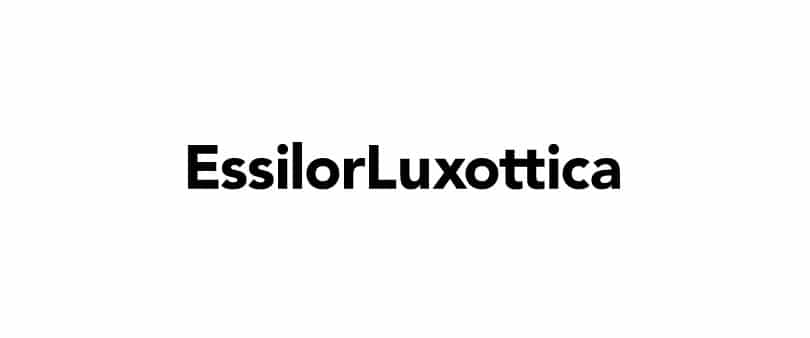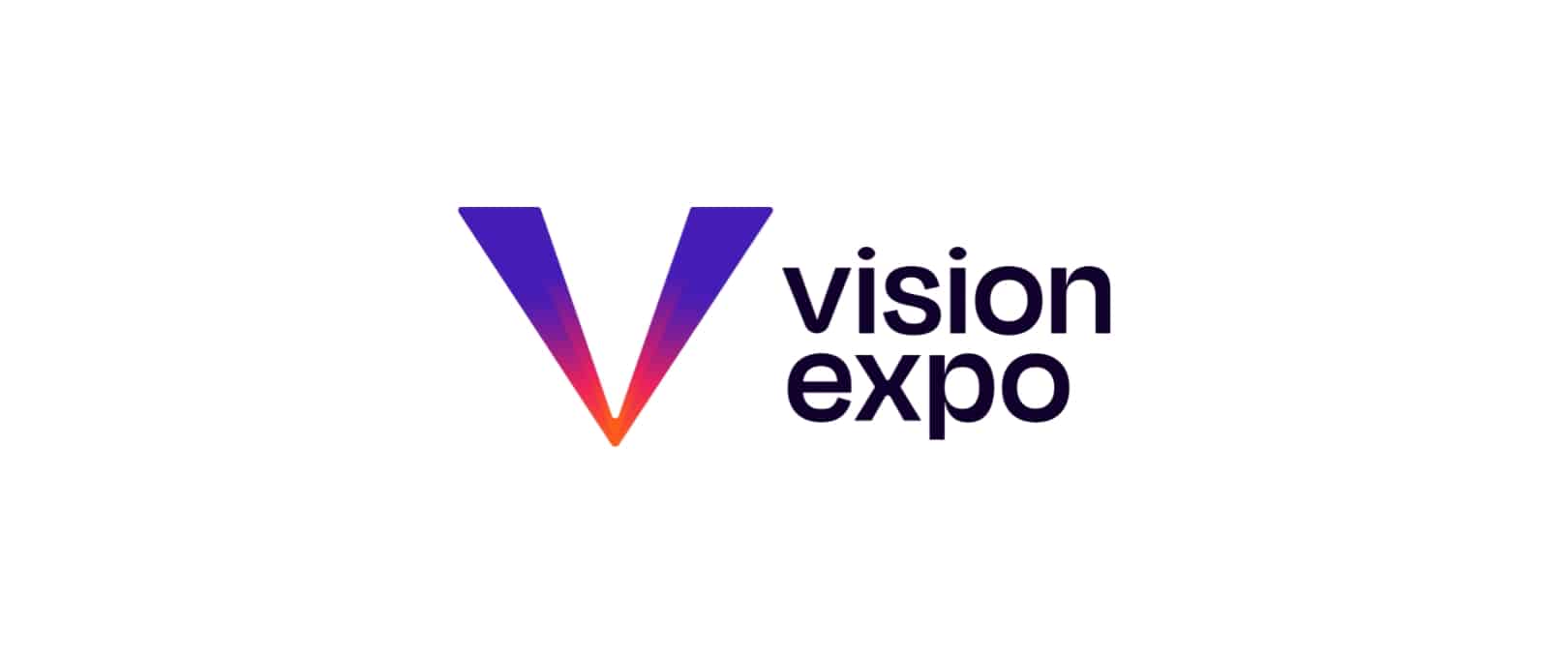CooperVision Extends Partnership with Plastic Bank, Adds Vision Care Program for Collectors
Tuesday, April 9 2024 | 09 h 50 min | News
To make an even greater impact on People + Planet, CooperVision and Plastic Bank have renewed their net plastic neutrality partnership through 2026. With the extension, the partnership has expanded to include a vision care program to provide vision screenings and vouchers for complimentary eye exams and glasses for eligible Plastic Bank collection members in Indonesia, who are essential to CooperVision’s net plastic neutral partnership with Plastic Bank.1
Expanding Commitment to People + Planet
In partnership with Plastic Bank, CooperVision funds the collection and recycling of ocean-bound plastic equivalent to the weight of plastic used across a range of its participating soft contact lenses, including the lens, blister and packaging components, that are sold and distributed across 27 countries throughout the Americas, Europe, and Asia-Pacific.*2 To date, the effort has prevented the equivalent of more than 305 million plastic bottles from entering the oceans, and through the extension,†2 CooperVision expects to more than double the total impact of its plastic neutrality initiative with Plastic Bank by the end of 2026.‡§3
“The first three years of our partnership with Plastic Bank have had a significant impact in not only helping clean coastal communities by recycling plastic waste, but also in improving the livelihoods and economic stability of collection members. As a global leader in contact lenses, CooperVision is committed to helping improve the way people see each day because it improves quality of life. Our collaboration with Plastic Bank now enables us to provide vision correction for qualifying collection members who are making a difference by removing plastic from the environment and oceans, which truly embodies our passion for supporting people and planet.”
Aldo Zucaro, Senior Director of Corporate Responsibility at CooperCompanies2,4
CooperVision’s Vision Care Initiative: Empowering Indonesian Collectors
By the end of 2026, hundreds of collection members in Indonesia will be eligible to receive vision screenings through the new vision care program.1
“At Plastic Bank, we envision a wasteless world and are committed to empowering communities and local entrepreneurs to end poverty. Collection members have limited access to basic eye care, and for many, this will be the first time they have received vision screenings and necessary vision correction. We know that vision impairment can affect quality of life, independence, and mobility. Working with CooperVision is not only bringing significant social benefits to our communities, but it is also bringing our vision of ending poverty to life.”
David Katz, Founder of Plastic Bank
CooperVision is continuously working to minimize environmental impact and operate more sustainably around the globe as part of broader efforts across CooperCompanies to contribute to the United Nations’ Sustainable Development Goals (SDGs). Through the net plastic neutrality initiative, CooperVision and Plastic Bank have a shared commitment to protecting the planet, specifically by advancing life below water (SDGs 14 and 17) and responsible consumption and production (SDG 12).5 Research has shown that improved eye health reduces poverty and improves productivity and advances general health and well-being as well as educational outcomes (SDGs 1, 3, 4, 5, 8, 10, and 11).6
Collaboration to Enhance Environmental and Social Impact
The expanded partnership coincides with the relaunch of CooperVision’s sustainability platform, with a focus on reducing our carbon footprint, removing waste from our processes, and reframing our relationship with plastic, including considering ways to make plastic better. At the center of our sustainability platform is our commitment to design with intention and to embrace innovation as a means for caring for People + Planet. Our sustainability commitments include:
- We design – and continuously redesign – to reduce our carbon footprint;│¶** 7
- We collaborate and innovate, embracing our ingenuity to care for our planet and for each other;
- We’re taking steps to conserve limited natural resources│†† 7 and are exploring ways to bring renewables into our manufacturing operations;‡‡§§ 7
- By starting to offset waste from our products and packaging that cannot yet be reclaimed, we’re taking strides to improve the well-being of our planet;7 and
- We work with partners to collect our manufacturing waste, recapturing resources and giving them new life when possible.||
“By simply prescribing and wearing CooperVision plastic-neutral contact lenses, eye care professionals and wearers are helping us in our commitment to sustainability—from our partnership with Plastic Bank, which focuses on improving communities through waste reclamation, to recovering and repurposing our own manufacturing waste, to sourcing responsibly,” said Zucaro.
Learn more about CooperVision’s sustainability platform at https://coopervision.ca/about-us/coopervision-sustainability.
__________________________________
* Plastic used in participating CooperVision soft contact lens products is determined by the weight of plastic in the blister, the lens, and the secondary package, including laminates, adhesives, and auxiliary inputs (e.g. ink). The determination does not include plastic used during the manufacturing process for both these products and their packaging.
† CooperVision, through its collaboration with Plastic Bank, has enabled the collection and conversion of approximately 5.3M kg of plastic destined for waterways as of January 2024. Using Plastic Bank’s metric of 1kg of plastic equaling 50 standard 202mm bottles, that will be the equivalent of approximately 263.7M plastic bottles not reaching our oceans.
‡ Plastic Bank uses 1 kg of plastic equal to 50 bottles.
§ Though its collaboration with Plastic Bank, CooperVision plans to have supported the collection and conversion of approximately 10.8M kg of plastic destined for waterways by the end of calendar 2026. Using Plastic Bank’s metric of 1 kg of plastic equaling 50 standard 202mm bottles, that will be the equivalent of approximately 541M plastic bottles from reaching our oceans.
| Refers to continuous manufacturing process undertaken by CooperVision to reduce its Scope 1 and 2 carbon emissions.
¶ Carbon footprint is limited to Scope 1 and 2 emissions, defined as: Scope 1 emissions are direct emissions from owned or controlled sources. Scope 2 emissions are indirect emissions from the generation of purchased energy.
** CooperVision’s 2022 Environmental, Social, and Governance Report.
†† Natural resources are defined as, but not limited to, water, nitrogen, natural gas, and other organic compounds.
‡‡ Renewables are defined as materials or energies that can be sustained indefinitely because of inexhaustible supplies or new growth.
§§ CooperVision utilizes renewable materials and energies in its manufacturing operations.
|| CooperVision’s 2020 Environmental, Social, and Governance Report.
- Plastic Bank data on file, 2024.
- CVI data on file, 2024.
- CVI data on file, 2024-2026 Plastic Bank Agreement.
- Plastic Bank. Programs Championing Sustainability in Business. https://plasticbank.com/impact-programs/. Accessed January 25, 2024.
- Plastic Bank. Plastic Bank 2022 Sustainability Report. https://plasticbank.com/plastic-bank-2022-sustainability-report/. Accessed January 25, 2024.
- Zhang J, Ramke J, et al. Advancing the Sustainable Development Goals through improving eye health: a scoping review. The Lancet Planetary Health. March 2022, 6(3):E270-280.
- CVI data on file, 2023.
Click HERE for the full press release.
Want to see more like this article? Click here to subscribe to our FREE print magazines and e-newsletters!






